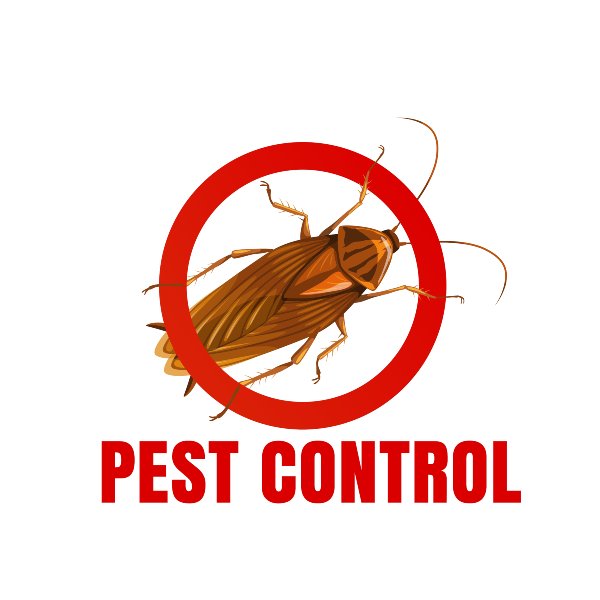Bed Bug Therapy Breakdown: Comparing Chemical Vs. Non-Chemical Solutions
In the world of insect control, specifically when managing the persistent problem of bed bugs, the option in between chemical and non-chemical therapy solutions can be an essential one. Both methods provide distinct advantages and disadvantages, affecting factors such as effectiveness, safety factors to consider, and total cost. By checking out the nuanced details of each technique, a more clear understanding of which course to go after in addressing a bed insect invasion can be achieved.
Effectiveness of Chemical Treatments
Chemical therapies for bed pest infestations have actually been extensively identified for their rapid and powerful effectiveness in eliminating these parasites. When taking into consideration the efficiency of chemical therapies, it is critical to comprehend that they can give a complete and quick solution to a bed insect issue.
Moreover, chemical therapies have the advantage of providing recurring impacts, implying that they can remain to get rid of bed bugs even after the first application. This residual action is particularly useful in combating any type of possible re-infestations. Furthermore, the rapid activity of chemical treatments can bring relief to individuals encountering severe bed bug invasions, allowing them to gain back control of their living areas quickly.
Safety Worry About Chemical Solutions
One essential element that calls for cautious consideration when utilizing chemical solutions for bed bug therapy is ensuring the security of owners and the environment. Direct exposure to particular chemicals used in bed insect therapies can lead to respiratory system problems, skin irritation, or various other unfavorable responses, particularly in individuals with pre-existing problems or level of sensitivities.
In addition, the environmental impact of chemical solutions is one more considerable consideration. Some chemicals utilized in bed insect therapies might be damaging to beneficial insects, wild animals, and communities if they seep into the dirt or water supply. It is important to make use of chemical therapies deliberately, complying with safety guidelines, and considering much less poisonous choices to minimize these dangers and guarantee the safe and effective management of bed insect infestations.
Benefits of Non-Chemical Methods
Thinking about the potential safety and security worries and environmental effect connected with chemical services for bed pest therapy, discovering non-chemical techniques presents an encouraging alternative with numerous unique benefits. Non-chemical approaches provide a safer option for homes, especially those with pet dogs, youngsters, or people conscious harsh chemicals. These approaches remove the dangers of exposure to poisonous substances, minimizing the potential for adverse health results. Furthermore, non-chemical therapies are ecologically pleasant, as they do not add to air or water pollution, making them a sustainable option for insect control.
In addition, non-chemical remedies can be reliable in targeting bed bugs, including hard-to-reach areas where chemical therapies might not penetrate - A1 charlotte bed bug exterminator. Approaches such as warm therapy, vacuuming, vapor cleaning, and bed mattress encasements provide complete eradication without the use of damaging chemicals.
Limitations of Non-Chemical Treatments

Additionally, non-chemical treatments usually require several applications to accomplish effective elimination. This can be time-consuming and might not constantly ensure full elimination of all bed bugs and their eggs, specifically in hard-to-reach or concealed areas.
Furthermore, the success of non-chemical treatments greatly depends on appropriate implementation and thoroughness, which can be challenging for individuals without expert know-how. Inadequate application of non-chemical approaches might result in incomplete elimination, discover this info here causing persistent problems and the need for additional therapies.
For that reason, while non-chemical treatments have their advantages, it is important to acknowledge these restrictions and consider them when establishing one of the most effective method for managing bed pest infestations.
Cost Comparison: Chemical Vs. Non-Chemical Options
Given the limitations related to non-chemical therapies, an essential aspect to evaluate in the context of bed bug management is the cost comparison between chemical and non-chemical alternatives. Chemical therapies commonly entail the application of insecticides by specialists, which can range from $250 to $900 per area, depending on the extent of the infestation and the size of the location to be treated. In contrast, non-chemical therapies like heat treatment or steam can be extra expensive, with expenses ranging from $1,000 to $6,000 for an entire home. While the first expense of chemical treatments might appear reduced, several treatments might be needed to completely eliminate the infestation, potentially raising the overall expense. On the other hand, non-chemical alternatives might supply an extra eco-friendly and lasting solution, although they can be cost-prohibitive for some people. Ultimately, when taking into consideration the cost of bed bug treatment choices, it is essential to consider the ahead of time costs against the performance and lasting sustainability of the selected technique.
Conclusion

Taking into consideration the prospective safety and security problems and environmental effect linked with chemical services for bed pest treatment, discovering non-chemical methods presents an encouraging choice with a number of distinct benefits.Given the restrictions linked with non-chemical treatments, an important facet to assess in the context of bed pest administration is the expense comparison in between chemical and non-chemical choices. In comparison, non-chemical therapies like heat treatment or heavy steam can be more costly, with prices ranging from $1,000 to $6,000 for a whole home. While the initial price of chemical therapies may seem lower, multiple treatments might be required to continue reading this totally get rid of the infestation, potentially enhancing the overall expense.In verdict, when contrasting chemical and non-chemical bed bug treatment options, it is necessary to take into consideration efficiency, safety and security, advantages, limitations, and cost.
Comments on “A1 Pest Control Charlotte NC Bed Bugs - Specialist Extermination Services”